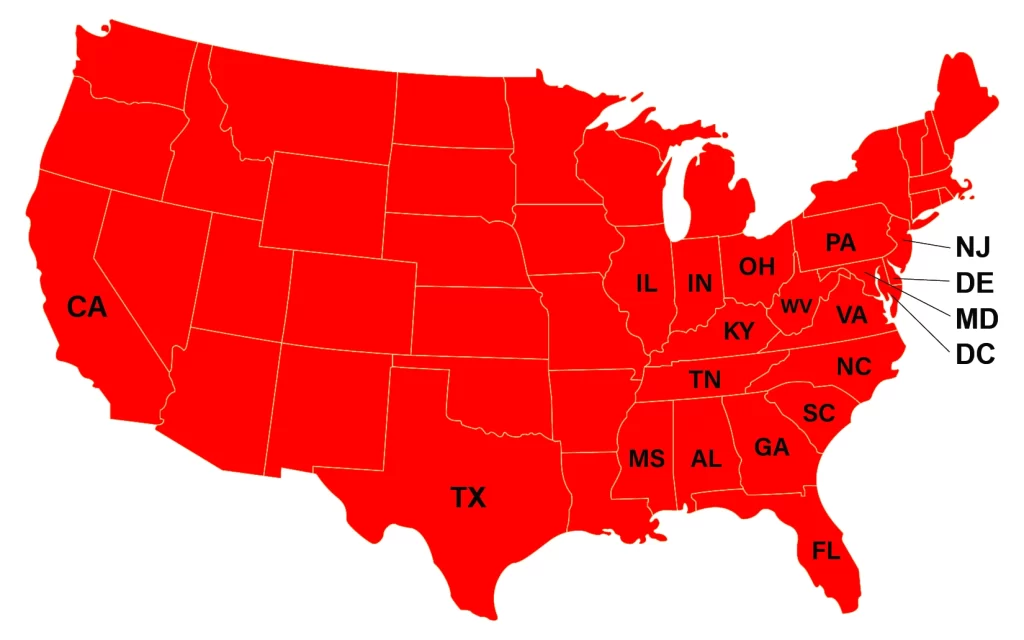3 Types of Investigations You May Consider for Your Employees
If you own a business, you need to hire skilled and competent employees. However, if an employee is hiding something from you, this can affect you and your business down the road. Check out three common types of investigations that can help if an employee is being dishonest.
1. Non-Compete Investigations
Employees sign a lot of documents when applying for a job, and one of those documents may be a non-compete agreement. Typically, a non-compete agreement is in place during the time of employment, but they often extend after employment as well, so employees cannot give away trade secrets.
The agreement prevents employees from working with competitors for a period of time after leaving your company. Naturally, your employees also can’t start a business that will be in competition with yours. A non-compete agreement typically lasts two or three years after the employee leaves, but ultimately, it’s up to your company.
A non-compete investigation will uncover if anyone has broken this agreement, so you can sue and recoup any lost money from the breach of contract.
2. Embezzlement and Theft Investigations
Embezzlement and theft are real issues for every business because they directly affect your bottom line. Embezzlement is usually more severe and involves large amounts of money. Employees may embezzle by adding a fake employee to the payroll, taking bribes, changing time records, charging clients more than they should and pocketing the excess, or stealing directly from client accounts.
Theft can also include large amounts of money, but it can also involve stealing office supplies and equipment. If one employee took an office supply once, that wouldn’t be an issue, but if you have people taking items regularly or stealing valuable equipment, it can affect your business’ finances.
An investigator can determine if anyone is embezzling or stealing from the company so you can take appropriate action, such as reprimanding or firing the employee. Embezzlement and theft are not only civil crimes; they can also be considered criminal crimes, so employees may face jail time as well as a lawsuit.
3. Social Media Investigations
Social media investigations can be used for a variety of reasons, but they all share one trait: they rely on employee social media accounts to provide information. One common reason to use social media investigations is to determine if an employee is faking an injury for a workers’ compensation claim. Their social media accounts may provide posts, pictures, videos, tagged pictures, etc. that can be used to disprove their claims.
Social media can also be used to help find proof of non-compete violations and embezzlement. On social media, you may see a post of an employee with the owner of a competitor, or you may see that an employee suddenly got a new car or home that they should not have been able to afford.
Of course, even minor violations can be discovered with social media investigations. For example, if you have an employee who calls in sick frequently, you may want to hire an investigator to check all social media accounts to see if they posted any photos that prove they aren’t sick.
Last, social media can be a great place to determine the character of your employee. An investigation may discover posts that speak negatively about the company, employees, employers, clients, etc. You may also find distasteful comments, such as racial hate or sexist views that don’t mesh with your company values.
If you own a business, you need to consider investigations for employees. You should always vet employees before hiring them, but sometimes ongoing investigations can also help. If you would like to know more, contact us at JP Investigative Group, Inc., today.


